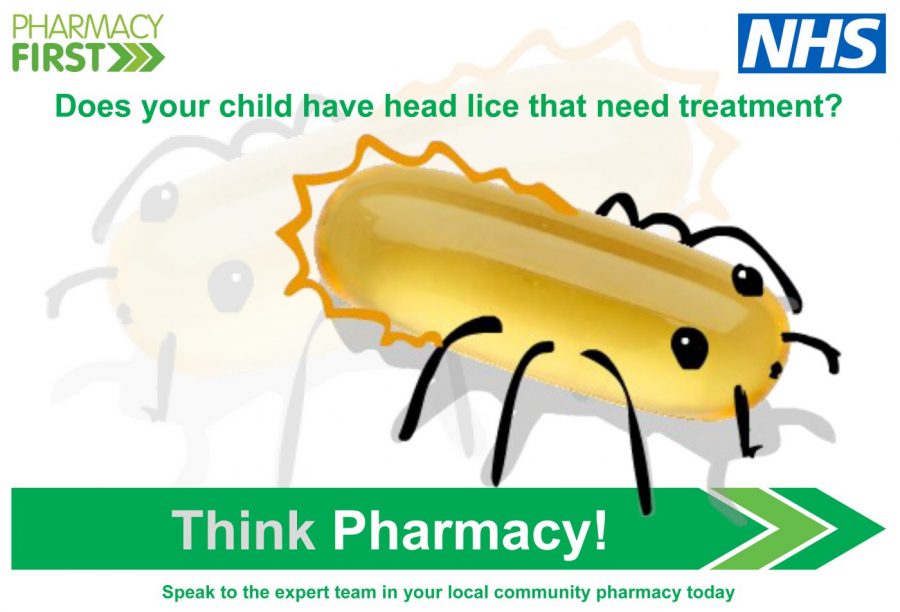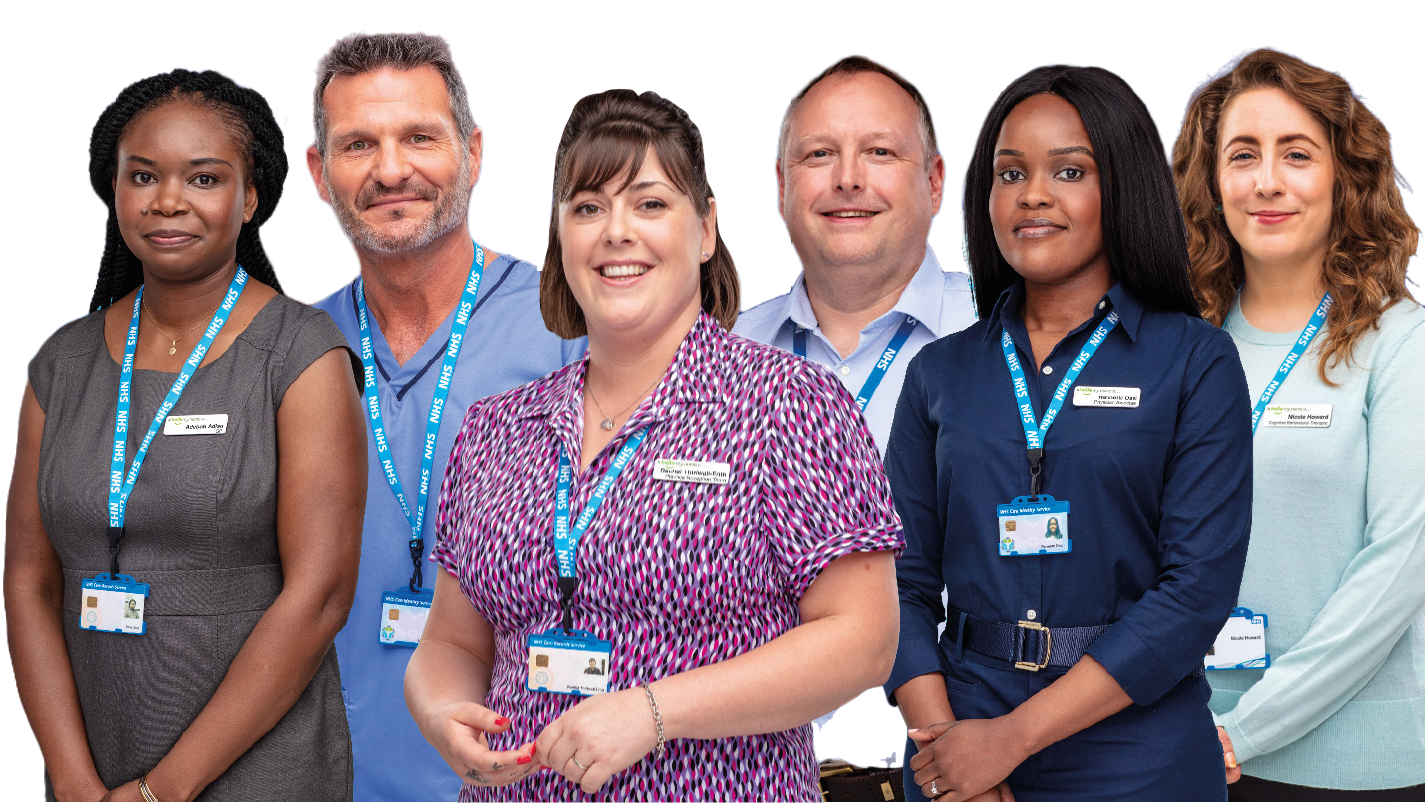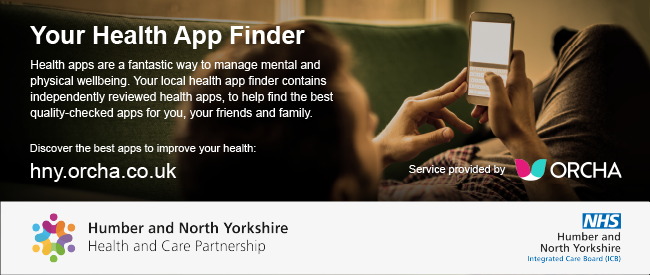Self-care and minor ailments
A-Z of self-care conditions ... and ways you can look after yourself
Acne is a common skin condition that affects most people at some point. It causes spots, oily skin and sometimes skin that's hot or painful to touch. In most circumstances it’s not necessary to see a doctor. There’s information about self-help techniques on the NHS website. There’s also information on the patient.info website and you may find this Self Care Forum fact sheet helpful.
Athlete's foot is a common fungal infection that affects the feet. You can usually treat it with creams, sprays or powders from a pharmacy. In most circumstances it’s not necessary to see a doctor. There’s more information about self-help techniques on the NHS website. There’s also information on the patient.info website.
‘ICON – Babies Cry, You can Cope’ (ICON) is an evidenced-based programme designed to help parents and carers understand the normal crying pattern of young infants and to help them develop successful coping mechanisms. Further information can be found, here. A useful graphic for parents has also been produced which can be found here.
Lower back pain affects 8 out of 10 people in the UK at some time in their life. One in five of all primary care consultations are for non-specific lower back pain. There's more information in this Self Care Forum fact sheet.
Read about some of the most common insect bites and stings, how they're treated and when to get medical advice, on the NHS website.
Cold sores are common and usually clear up on their own within 10 days. They’re contagious until they go away. In most circumstances it’s not necessary to see a doctor. There’s more information about self-help techniques on the NHS website. There’s also information on the patient.info website.
Constipation is common and it affects people of all ages. You can usually treat it at home with simple changes to your diet and lifestyle. In most circumstances it’s not necessary to see a doctor, but if symptoms last longer than a week or two, speak to your GP. There’s more information about self-help techniques on the NHS website. There’s also information on the patient.info website and you may also find this Self Care Forum fact sheet useful.
You can often treat a cold without seeing your GP. You should begin to feel better in about a week or two. It is important to keep hydrated. There’s more information on the NHS website. There’s also information on the patient.info website. If symptoms last longer than a few weeks, you should make an appointment with your GP.
See also: Self Care Forum fact sheet. There's further Self Care Forum advice about sore throats, here, and the common cold, here.
Cystitis is inflammation of the bladder, usually caused by a bladder infection. It's a common type of urinary tract infection (UTI), particularly in women, and is usually more of a nuisance than a cause for serious concern. In most circumstances it’s not necessary to see a doctor, but you should see a GP if it is recurrent, there is bleeding involved or you feel unwell. There’s more information on the NHS website including advice about when to see a doctor.
Diarrhoea and vomiting are common in adults, children and babies. You can have them together or on their own. They're usually caused by a stomach bug and should pass in a few days, without it being necessary to see a doctor. If you are over 50 and the change in your bowel habit is associated with rectal bleeding, please see your GP. There’s more information about self-help and more worrying symptoms on the NHS website. You can also visit patient.info for more information.
Many of us suffer from a bit of dry skin from time to time and the problem can often get worse during winter when we're exposed to more extreme temperatures as well as the drying effects of central heating. So what might be causing your dry skin, and what's the best way to treat the condition? Find out more at patient.info.
The Self Care Forum has compiled a useful fact sheet about middle ear infections.
Earwax normally just falls out on its own. When it's blocking your ears, a pharmacist can help. You can read more about self-help techniques on the NHS website. You can find out more about earache on the patient.info website.
Please note: the CCG does not commission ear syringing in line with many other CCGs around the country. It is up to individual GP Practices to decide if they want to provide this service. There are some GP practices in the NHS North Yorkshire CCG area which do still provide the service and others who do not. Patients who require wax removal for specific ear conditions continue to have this performed in a hospital setting - and this will not change.
Patients who do suffer from a build up of wax, should regularly apply drops to prevent such a build up. However it is important that you speak to your Practice Nurse about taking this course of action as there are some circumstances where it may not be appropriate.
Eczema is a dry skin condition that can persist or seem to go away and then come back again. It affects about two out of ten children and two to ten out of every 100 adults in the UK. You can read more about eczema in this Self Care Forum fact sheet.
Excessive sweating is common and can affect the whole body or just certain areas. Sometimes it gets better with age but there are things you can do and treatments that can help. There’s more information about self-help and how a pharmacist could help on the NHS website. You should also visit the website for indicators of when you need to see your GP. You can also find out more at patient.info.
Conjunctivitis is an eye condition caused by infection or allergies. It usually gets better in a couple of weeks without treatment. There’s more information on the NHS website and at patient.info. If the redness is associated with severe pain in or around the ey, vomiting, visual disturbance (flashing lights, floaters), please seek urgent medical attention as this may indicate more serious problem.
A mild fever is not usually something that should give you unnecessary cause for concern and is often associated with a minor self limiting infection. However, if the fever is severe consider seeking urgent medical attention. If the fever is persistent then please see your GP as this may indicate a more serious problem. You can read more about fever in children in this Self Care Forum fact sheet.
Fungal nail infections are common. They're not serious but they can take a long time to treat. There’s information about self-help techniques on the NHS website, along with advice about when it’s appropriate to see a GP. You can also visit patient.info.
Haemorrhoids, also known as piles, are swellings containing enlarged blood vessels found inside or around the bottom (the rectum and anus). In many cases, haemorrhoids don't cause symptoms and some people don't even realise they have them. There’s more self-help advice on the NHS website, along with advice about when to seek medical advice. You can also visit patient.info for more.
Hay fever is usually worse between late March and September, especially when it's warm, humid and windy. This is when the pollen count is at its highest. Find out how a pharmacist can help treat hay fever and allergies on the NHS website.

Head lice and nits are very common in young children. They don't have anything to do with dirty hair and are usually picked up from head-to-head contact. You can treat lice without seeing a GP – find out more on the NHS website. The CCG has issued a letter to prescribers, here.
Useful information about headaches and migraine is available in this Self Care Forum fact sheet.
There’s more information about herbal remedies on the NHS website. You can find out more about complementary and alternative medicine, here.
Most people have indigestion at some point. Usually, it's not a sign of anything more serious and you can treat it yourself. There’s more information on the NHS website. You can also find out more at patient.info and you may find this Self Care Forum fact sheet useful.
Colic is a common cause of infant distress. If your baby is crying more than normal and you are unsure, or are concerned in any way, you should speak to your midwife, health visitor or GP. There’s more information on the NHS website. And there are some tips for parents at patient.info.
Cuts and bruises are a natural consequence of minor injuries. For help to treat cuts and bruises, speak to a pharmacist in the first instance.
We will all likely suffer a sprain at some point in our lives. For help to manage sprains or sports injuries, speak to a pharmacist in the first instance.
See also: Self Care Forum fact sheet.
Emollients are moisturising treatments applied directly to the skin to soothe and hydrate it. Some moisturisers are better than others at treating different things - speak to your chemist. There’s more information on the NHS website.
Mouth ulcers are common and should clear up on their own within a week or two. They're rarely a sign of anything serious but may be uncomfortable to live with. Mouthwashes and lozenges may ease the pain and may help the ulcers to heal more quickly. There’s more information about how you can treat mouth ulcers yourself on the NHS website. You can also find out more at patient.info.
If you have an ulcer in your mouth or on your lip that does not heal within three weeks, a persistent or unexplained lump in the neck or a persistent red or white area in the mouth, then these are “red flag” symptoms and you must see your GP for assessment as these symptoms may indicate a more severe problem.
This leaflet is for people who are at risk of developing mouth problems such as dry mouth, thrush infection of the mouth (oral thrush), bad breath, inflammation and mouth ulcers. This includes people who are unwell with serious illness, or who are having chemotherapy or radiotherapy. Good mouth care can prevent some problems from developing, or prevent minor problems from getting worse.
Please note, oral thrush could be an indication of other more serious problems and you should get checked out by your GP.
Aches and pains are very common with many possible causes and can often be treated with simple painkillers. If you are unwell, or the pain gets no better, seek advice from a health professional. There’s more information about muscle, bone and joint pain treatment at patient.info.
Up to a third of babies and toddlers in nappies have nappy rash at any one time. It doesn't usually develop in newborns, but all babies can get nappy rash. Find out what causes nappy rash, how you can treat it yourself and how to prevent it on the NHS website.
There's a useful fact sheet from the Self Care Forum, here.
There are many different types of skin rashes and many different causes of skin rashes. Although most skin rashes are harmless, some do need assessment from your doctor or pharmacist. Some rashes (especially dark red or purple rashes that don't fade with pressure) may even need urgent medical assessment as they can be associated with meningitis and blood infection (septicaemia). You can find out more at patient.info.
Please speak to your GP urgently about any rash which doesn't fade with pressure and you are also feeling generally unwell.
When it comes to teething, all babies are different. But your baby will probably get their first tooth some time during their first year. Find out how to spot when your baby is teething and what order your baby's teeth are likely to appear in, with guidance on the NHS website.
Threadworms (pinworms) are tiny worms in your poo. They're common in children and spread easily. You can treat them without seeing your GP. There’s more information on the NHS website and at patient.info.
Thrush is a common yeast infection that affects men and women. It's usually harmless but it can be uncomfortable and keep coming back. Thrush can be confused with other infections, including STIs. If recurrent, or there is no improvement with simple treatment, speak to your GP. Read more on the NHS website or visit patient.info.
Many men develop problems with storing or passing urine (urinary symptoms) as they get older. The Self Care Forum has some useful help and advice.
Find out about common vitamins and minerals, including what they do, how much you need, and how to ensure you get enough, on the NHS website.
Warts and verrucas are small lumps on the skin that most people have at some point in their life. They usually go away on their own but may take months or even years. A pharmacist can help with warts and verrucas. Find out more on the NHS website.
If you are not certain that it is a wart, please see your pharmacist or GP who can advise.
This fact sheet from the Self Care Forum helps you to gain an understanding of venous disease (problems caused by poor blood flow) and what you can do to help yourself.
See also
You might also like
Easy Read resources
For Easy Read help and resources, please visit www.easyhealth.org.uk
Self-care videos
NHS North Yorkshire Clinical Commissioning Group (CCG) does not support the general prescribing of over-the-counter medicines. Self-care is about looking after yourself and treating minor ailments with simple, over-the-counter solutions that are available from local pharmacies and supermarkets.
NHS North Yorkshire CCG's self-care commissioning position is here.



